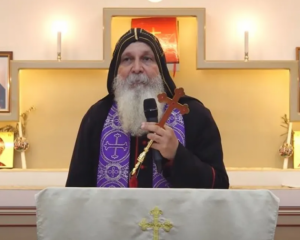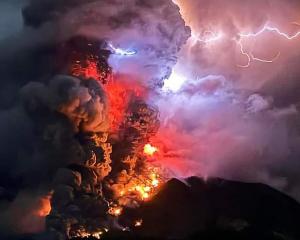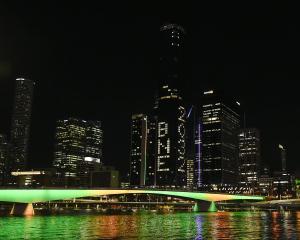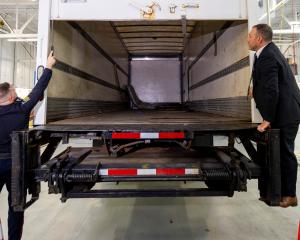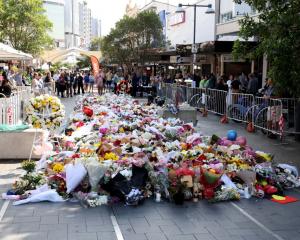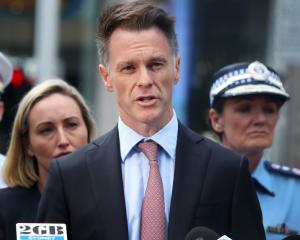At least 13 people were killed in attacks on government targets over two days in northeast Nigeria, where security forces are waging a growing battle against Islamist militants.
Unknown gunmen fired on an army post in the town of Marte on Wednesday (local time), while suspected insurgents used grenades and bombs against government and police offices in Adamawa state on Thursday, security forces said.
More than 50 people have been killed in this restive region of Africa's top oil producer over the last two weeks in worsening clashes between fighters suspected of belonging to Islamist sect Boko Haram and the security forces.
"Gunmen attacked 21 Brigade troops' location at Marte. In the process one soldier, one policeman and five gunmen lost their lives during an exchange of fire," late on Wednesday, military spokesman Sagir Musa told Reuters.
Boko Haram, which is loosely based on the Afghan Taliban, killed hundreds last year in a campaign to impose sharia, or Islamic law. Nigeria's more than 160 million people are split roughly equally between Christians and Muslims.
Marte is a remote town on the threshold of the Sahara, close to Nigeria's porous borders with Cameroon and Niger, and about 100km from Maiduguri, Boko Haram's headquarters and the largest town in the northeast.
Musa said two AK47 rifles, one locally-made shotgun, ammunition and machetes were recovered from the assailants in the Marte attack.
Civilians in crossfire
In a separate assault in northeastern Adamawa state on Thursday, gunmen used grenade launchers and bombs to attack a police station and a government building, killing two security agents and an old woman and her granddaughter, who were caught in crossfire, Adamawa police spokesman Mohammed Ibrahim said.
Two gunmen were also killed, he said, adding: "We have intensified our search for the criminals."
About 3000 people have been killed in violence linked to the sect in the last three years, human rights groups say.
Boko Haram's violence remains focused mostly on security forces in the northeast, although its attacks have spread across the north and to the capital Abuja. It is the biggest threat to stability in Africa's top oil exporter.
President Goodluck Jonathan has been unable to stop the rebellion despite military offensives in the northeast and other parts of northern and central Nigeria where Boko Haram has a strong presence.
Jonathan said this week that most suspects behind major bombings in Nigeria had been arrested and attacks by what he called terrorists would be over soon.
Security experts believe Boko Haram is not the only threat.
An emerging group called Ansaru, known to have had ties with Boko Haram, claimed an attack on a police barracks in the capital Abuja in November, where it said hundreds of prisoners were released.
The group, labelled a terrorist organisation by Britain, has also said it was behind the kidnapping of a French national last week.



